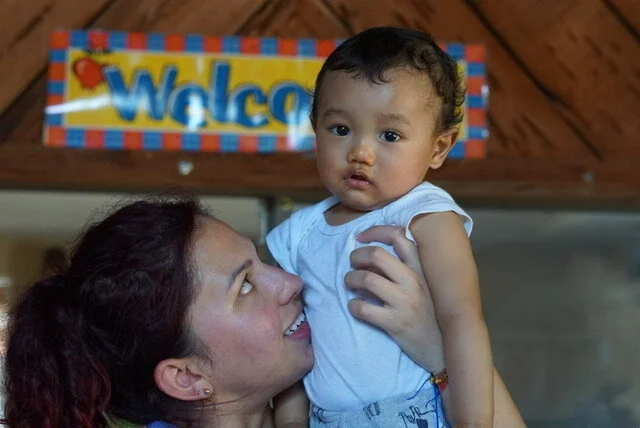- Welcome to our Blog -
Welcome, friends and family!
Thank you for tuning into our blog page. Emma, our public relations director, has been working so hard to get it running! So thank you Emma, your work is impeccable. We appreciate you so much.
Gators for Refugee Medical Relief started in the summer of 2017 in response to the growing tension in the media and the world revolving refugees' status and assistance. A group of students at the University of Florida reached out to local communities to provide academic and professional development services to refugee and migrant families relocated to Northern Florida. As mentioned in other sections, the United Nations HCR now estimates the number of forcibly displaced persons at 74.8 million people (UNHCR, 2019). The world is currently facing an unprecedented humanitarian crisis that is causing millions of people to move due to wars and violence widespread (UNHCR, 2019).
This humanitarian crisis that American and European borders are experiencing is a consequence of the Syrian conflict, the Venezuelan political crisis, and other African and Asian countries (UNHCR, 2019) (McBride, 1999). It has made American citizens aware of the suffering of millions of people fleeing desperately from wars and their plundering countries (McBride, 1999 & 2002). It puts in evidence the urgent need to develop actions that alleviate the pain of these people and promotes social justice within our society (Sangalang, et al., 2018). The migratory movements caused and entail a series of psychological repercussions, social, cultural, and economic struggles for these refugees (2015). Many are forced to leave behind their families, degrees, and belongings (Daynes, 2016). The plight of the migrant is filled with uncertainty, fear, and terror (Libal & Berthold, 2019).
Our goal is to use an interdisciplinary approach that integrates different learning, cultural, and healing trauma-informed principles to build on the accessibility and highlight the skills refugee and migrant communities have in the North Central Florida region. For the past three years we've had the honor of learning from Burmese, Eritrean, and Syrian refugees, as well as Central American migrant communities. We hope to use the relationship built with these families to challenge current perceptions of displaced persons amongst the public.
This blog aims to help our readers follow this journey with us and provide a safe space for our members to advocate for and give a voice to this urgent issue. We hope you'll follow along in the coming months and that the topics and issues our community explores and this page inspire you to create tangible change within your own lives and communities for the wellbeing of everyone.
Warmly,
Valentina
GRMR President
Sources
Daynes, L. (2016). The health impacts of the refugee crisis: a medical charity perspective. Clinical Medicine, 16(5), 437–440. doi: 10.7861/clinmedicine.16-5-437
Libal, K. R., & Berthold, S. M. (2019). Refugees and Asylum Seekers: Interdisciplinary and Comparative Perspectives. Praeger.
Mcbride, M. J. (1999). Migrants and Asylum Seekers: Policy Responses in the United States to Immigrants and Refugees from Central America and the Caribbean. International Migration, 37(1), 289–317. doi: 10.1111/1468-2435.00074
SAMHSA’s Concept of Trauma and Guidance for a Trauma-Informed Approach, SAMHSA’s Concept of Trauma and Guidance for a Trauma-Informed Approach (2014). Rockville, MD.
Sangalang, C. C., Becerra, D., Mitchell, F. M., Lechuga-Peña, S., Lopez, K., & Kim, I. (2018). Trauma, Post-Migration Stress, and Mental Health: A Comparative Analysis of Refugees and Immigrants in the United States. Journal of Immigrant and Minority Health, 21(5), 909–919. doi: 10.1007/s10903-018-0826-2
Supplemental Material for Posttraumatic Stress Disorder Among Refugees: Measurement Invariance of Harvard Trauma Questionnaire Scores Across Global Regions and Response Patterns. (2015). Psychological Assessment. doi: 10.1037/pas0000115.supp
UNHCR’s Annual Global Trends in Forced Displacement Report . (2019, June 19). Retrieved April 27, 2020, from https://www.unhcr.org/5d08d7ee7.pdf

